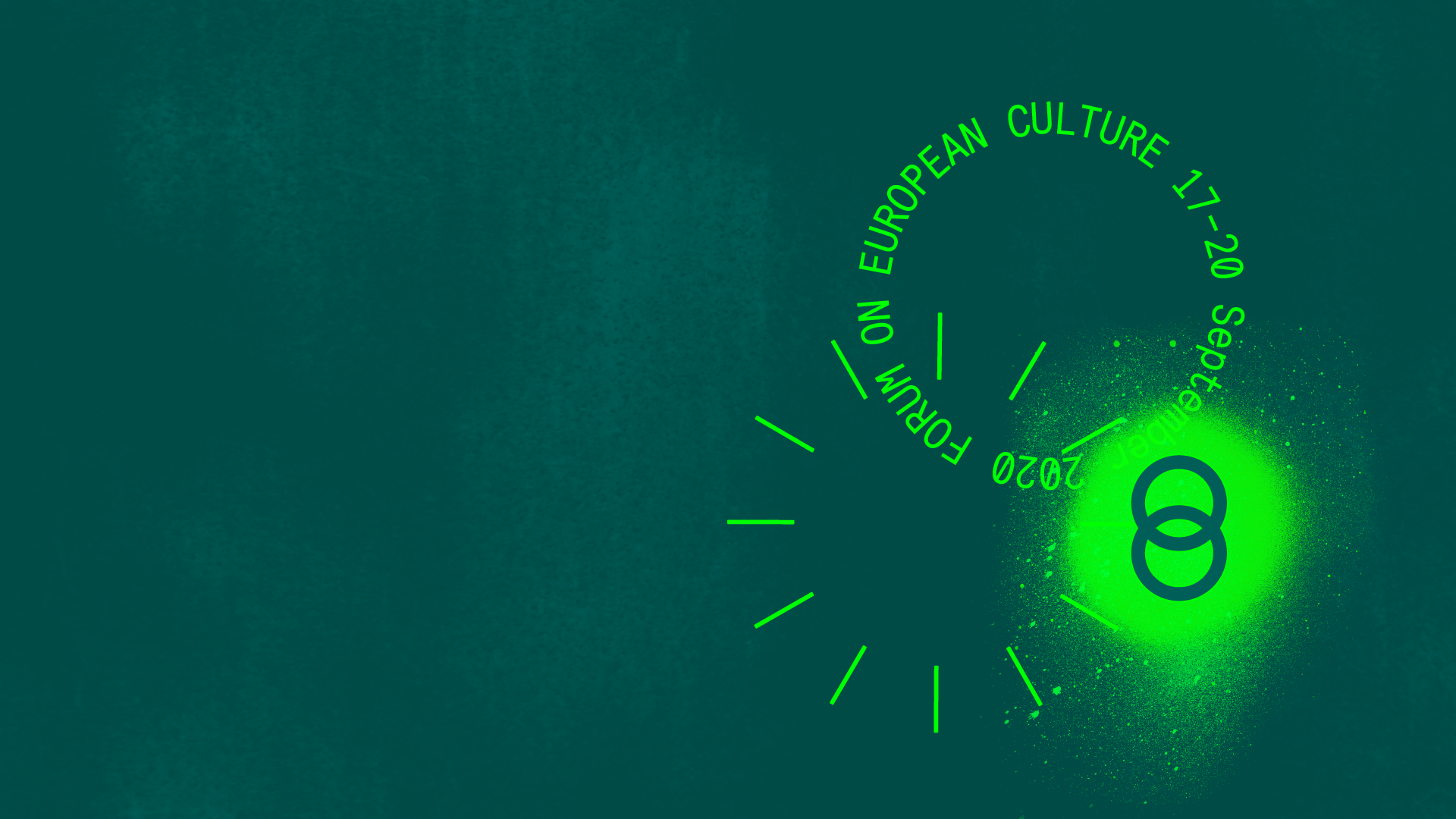When Martens is invited to the Tate Modern in London to show his film Enjoy Poverty (2008), he sees the logo of Unilever everywhere on the walls of the museum. This is the starting point for White Cube, a film that shows the power relations between art institutions in the West and the violence of the plantation system.
Many museums are built with the profits extracted from the plantations. This new film tells the story of the unlikely attempt to restructure this chain of value in the art world. After a first futile attempt by Martens himself, a group of plantation workers decides to make art. They unite as the Cercle d’Art des Travailleurs de Plantation Congolaise (CATPC) and make portraits of river clay, which are reproduced in chocolate by the use of 3D technology.
When plantation worker Matthieu Kasiama travels to New York to open the first solo exhibition of CATPC, newspaper The New York Times calls this exhibition ‘the best art of the year’. With the profits of the art show, the plantation workers buy back their land – the very same land where Unilever originally founded Leverville in 1911, and that after over 100 years of monoculture and extraction is completely depleted. Together with environmental activist René Ngongo, they develop a flourishing, inclusive and ecological post-plantation. On this land they built their own ‘white cube’, designed by OMA, to secure and safe guard their future.
We also screen this movie with Dutch subtitles, click here for the showtimes.

Also interesting:

Renzo Martens: from ‘Enjoy Poverty’ to ‘White Cube’
I Am Greta
